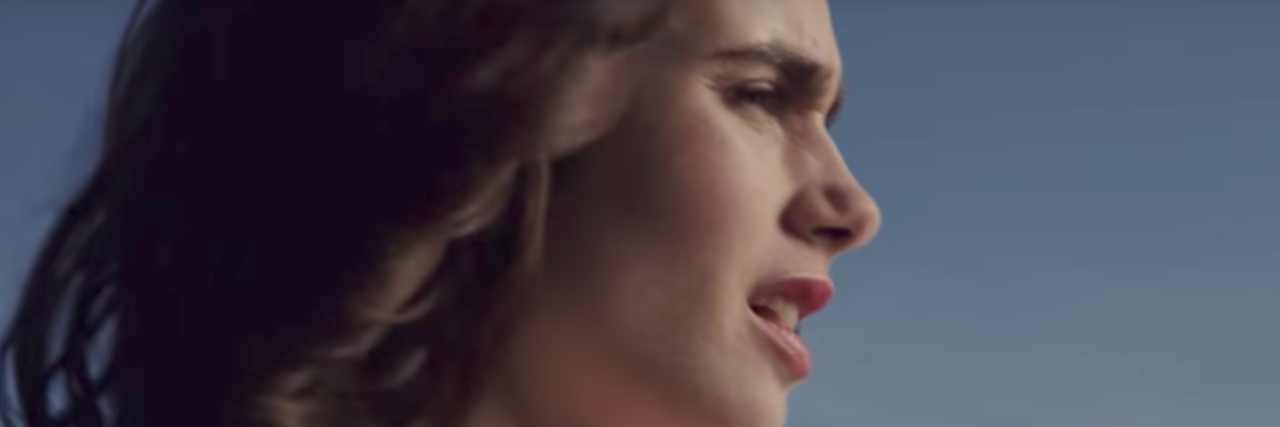'Red Flag' Thoughts to Look Out for While Watching ‘To the Bone'
I’ve read many mixed reviews about “To the Bone” in regards to whether it’s triggering or not, helpful or not, telling or not. Some people in eating disorder recovery may be ready to watch it, while others may not. Some may never be. And all of those are OK. Some may make the decision watch it though and then end up feeling a bit unsteady. I wanted to write a guide about what “red flag” thoughts to look out for as signs you should probably go back to watching something else.
1. “I wish I was as thin as her.”
There are a lot of painful images in the movie that can start the “I wish I was thinner,” “I wish x showed,” “My body doesn’t look like that” thoughts. Many people with eating disorders struggle with comparison. If you find yourself falling down this rabbit hole of these comparative and unhelpful thoughts, it’s OK to stop watching. Remember that Ellen is not in a desirable place, but one of pain and confusion. Shut the movie off and remind yourself of why you wanted recovery in the first place, or what motivates you to want to get better.
2. “My eating disorder is not valid because I saw X happen.”
There are a lot of moments in the movie that hit me hard, and I know that if I was in my eating disorder while watching this movie, I would have used a lot of the content to fuel the “You’re not sick enough” fire. Please remember this is just one person’s experience and just because you may not exhibit some of the behaviors or thoughts displayed in this movie, does not mean that your eating disorder is not valid. Ellen may have never experienced some of the thoughts or behaviors you’ve dealt with. And that’s OK. This is very important to remember.
3. “Wow I never thought of using X behavior, I want to try it.”
If there is a behavior or means of carrying out a behavior that amplifies that voice that says, “I bet I could get away with that,” please exit out and reach out for support. It’s hard to make a movie about eating disorders without it potentially be triggering to some, and I pray that it doesn’t give people more ideas, but I know that it will. If you find yourself getting ideas or seeing a behavior you maybe used to do and find yourself wanting to go back to it, this is a huge red flag to stop watching.
4. “X’s situation is way worse than mine. I don’t deserve help.”
This is something that got in the way of me seeking out support for a long time. The idea that there were people sicker, thinner, in more pain, had experienced more trauma. I found myself thinking that I had no real reasons to be sick so I had no real reason to get better. This is not true. You are only seeing a fraction of what Ellen’s story is in this movie, and you do not have to hold your story up against hers as a qualification for seeking out help for your illness. Though many people have eating disorders, everyone’s eating disorder is slightly different. But everyone with an eating disorder deserves help, no matter what size or emotions or history they have with the illness. Your struggle is valid and real and needs to be treated.
I wish you safe and secure watching.
If you or someone you know is struggling with an eating disorder, you can call the National Eating Disorders Association Helpline at 1-800-931-2237.
We want to hear your story. Become a Mighty contributor here.
Screenshot via To the Bone

